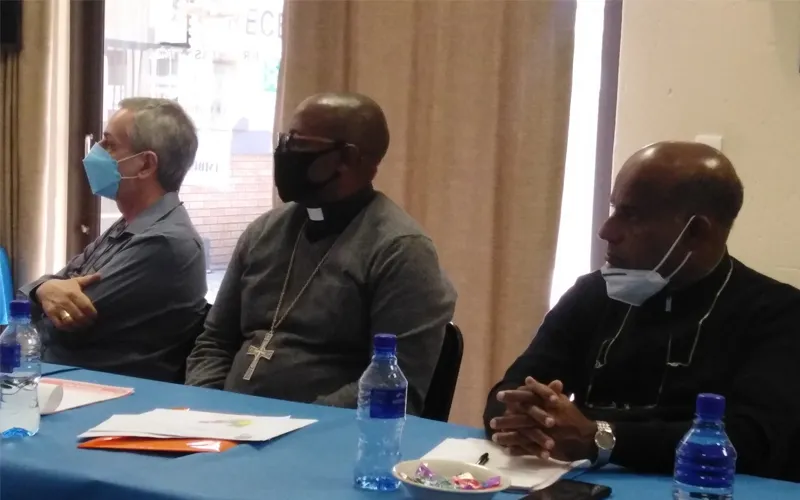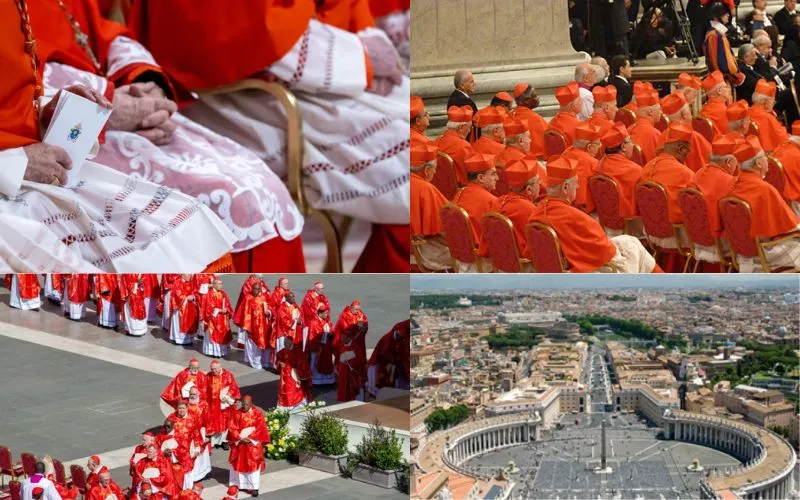“A dialogue points to a process, to a journey and our expectation is to know how this dialogue is going to happen,” the Local Ordinary of Manzini said on the sidelines of the Standing Committee meeting of the Inter-Regional Meeting of the Bishops of Southern Africa (IMBISA) at Europrime Hotel, Gauteng, South Africa.
He further dismissed the idea that as soon as the dialogue occurs, the country's problems will end.
“Sometimes on social media there are some reactions where people think things could change overnight. We have seen that from other countries and I don't think we are different from anyone else,” Bishop Ponce de León said.
He explained, “A dialogue means sitting down, listening to each other and trying to understand each other, and what kind of country we want to build together.”
“It cannot certainly be built on violence and destruction because if that is the foundation that is what we are going to have in the future. It has to be built on dialogue, coming together, respecting each other, listening to each other and discerning together as a nation where we go from here,” the Local Ordinary of Manzini said.
Unrest in Africa’s only absolute monarchy began in May 2021 when university students took to the streets to call for accountability for the death of their colleague, 25-year-old Thabani Nkomonye, allegedly at the hands of the police.
In late June last year, the protests grew into daily pro-democracy marches in several locations in Eswatini, with protesters voicing deep-seated political and economic grievances leading to the deaths of at least 50 people.
Last November, representatives of the Fellowship of Christian Councils of Southern Africa (FOCCISA) who were on a four-day solidarity pastoral visit to the Kingdom called on SADC and the regional body's security organ, SADC Troika, to make a firm commitment to a dialogue process that will find solutions to the crisis.
“Give it (dialogue) the seriousness it requires, to treat it with the urgency, transparency and integrity that is needed and to create an enabling environment to ensure that the dialogue takes place in an environment where no one is intimidated,” FOCISSA members said.
The representatives of Christian leaders also pledged to collaborate with the Swaziland Council of Churches “to provide solidarity and support to the various stakeholders in the dialogue to ensure that they are adequately empowered for the dialogue and what follows after."








